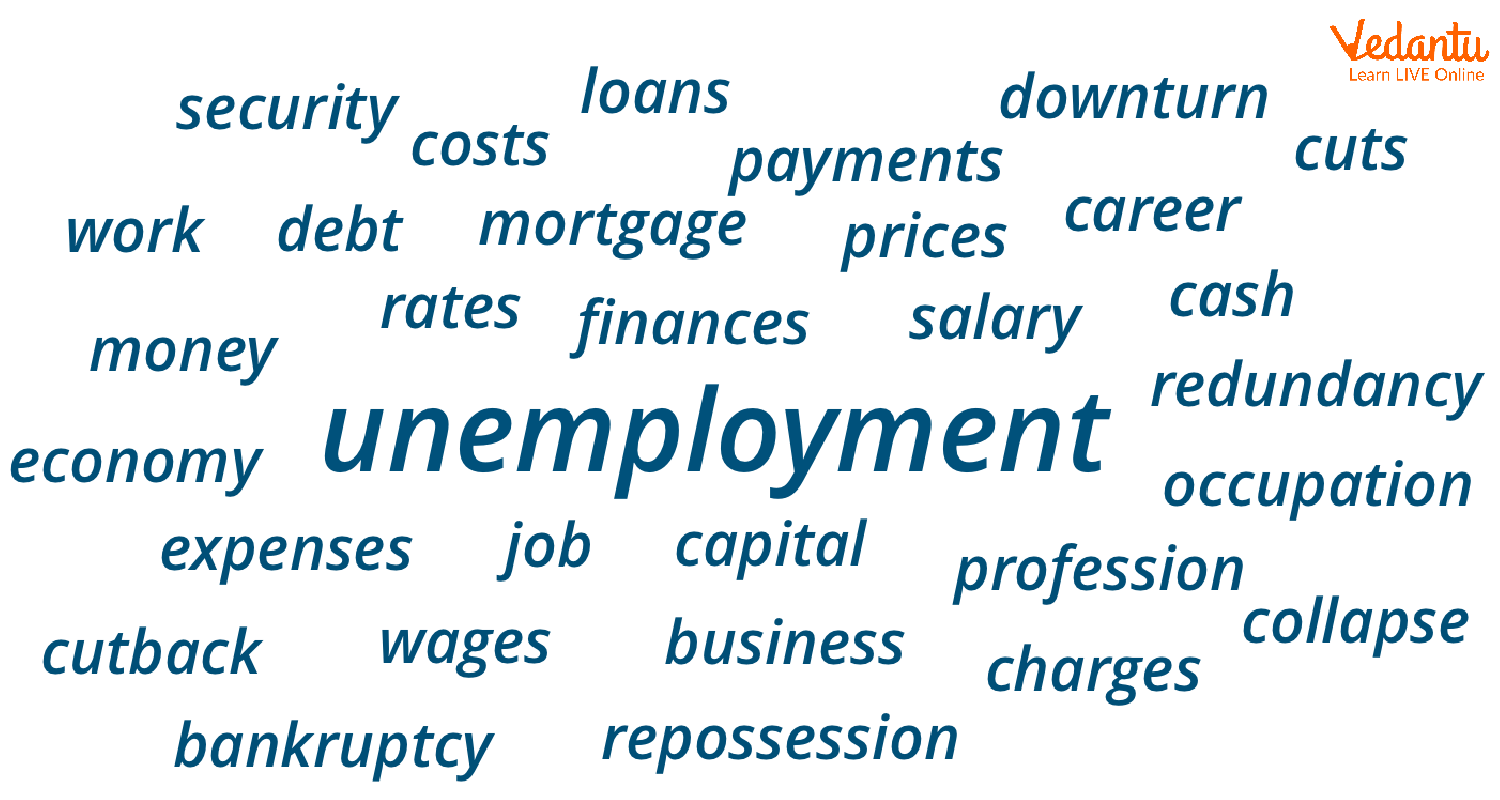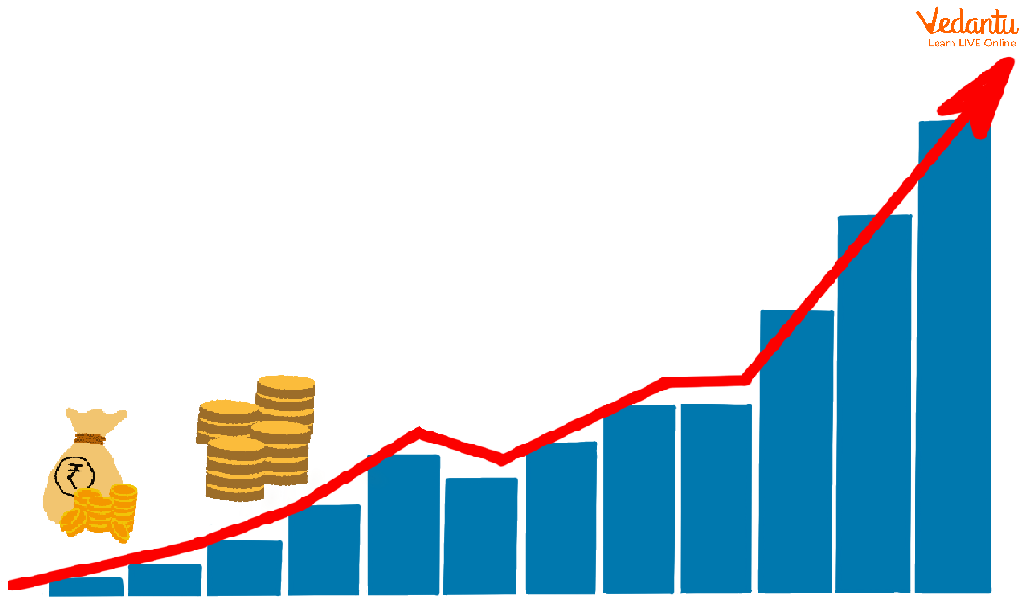




An Overview of Economic Thought
Economic thought is the study of different philosophies of different thinkers and theories in the subject of economics from the ancient world to the present. Economics is more of an art or philosophy than a science. Economic thought helps to understand economics and provides an introduction to the part of intellectual history, develops ideas, and creates more critical attitudes and abilities towards decision-making.
What is Economic Thought?
Economic thought deals with the origin and development of economic ideas and their interrelation. It includes a historical account of economic doctrines. It involves different opinions and ideologies on economics subjects with special emphasis on the public policy of different times and places.
What is Economics?
Economics is the science which is concerned with the production, distribution, and consumption of goods and services. The discipline also studies how to use scarce resources to fulfil unlimited needs. It focuses on the efficiency in conduction and exchange. There are two branches of economics:
Microeconomics is that branch of economics which studies individual, household, and firm behaviour in the decision-making process and allocation of resources. It deals with various issues such as demand, supply, pricing, production, consumption, welfare etc. It is useful in deciding the price of the product and factors of production within the economy and regulates price behaviour.
Macroeconomics is a branch of economics that studies the economy's behaviour and performance as a whole. The concepts like the gross domestic product, unemployment, inflation, the balance of payments, and growthrate form a part of macroeconomics. It deals with issues such as distribution, the price level in general, money and banking, national income etc.

Economic Indicators
History of Economic Thought
The history of economic thought concerns different thinkers and their theories on economics, ranging from ancient times to the contemporary world. It involves many different schools of economic thought. It is not a history but a history of the theory and how the economy works. Studying the history of economic thought is very important because one cannot possess knowledge about economics until one knows its history. It helps to understand the origin of economics and how to shape the economic and political policy of the country. It also enables one to have well-balanced and reasonable decision-making power.
Father of Modern Economics
Adam Smith is referred to as the father of modern economics. He was against the theory of mercantilism and profound about laissez-faire economic policies. The first book written by Smith was the theory of moral sentiments in which he laid the idea of the invisible hand, which means the tendency of the free-market players to regulate themselves by utilising supply and demand, competition and self-interest.
The most notable contribution by Adam Smith to the field of economics was in his book An Inquiry into Nature and Causes of Wealth of Nations, which was published in 1776. In this book, he described the industrialised capitalist system against mercantilism. Also, their major contribution to Smith is towards creating the concept of Gross Domestic Product (GDP) and his theory of compensating wage differentials.
Evolution of Economics
The definition of economics in the ancient world differed from what it meant today. Earlier, economics as a discipline was an integral part of ethics and politics.
1. The ancient propounders of economic thought are the following:
Aristotle – discussed the common nature of households and market forces. He also talks about the “art of acquisition” and the art of “wealth-getting”.
Plato - In the famous dialogue by Plato, he describes an ideal city/state which is managed by philosopher-kings and lays special reference to the specialisation of production and labour. He also created the credit theory of money.
Chanakya – He was the author of Arthashastra, which describes the science of government and economics.
2. Economic thought in the Middle Age
Thomas Aquinas - He was an Italian economic writer. He inquired about the just price, long-run equilibrium, cost of production etc. Thomas argued about cheating by sellers for the price and recommended fair compensation for a good or service.
Jean Buridan - A French priest who looked at money from two angles - its mental value and purchasing power which he said can vary. He focused on the demand and supply factors for determining the just price of a good or service.
Later around the 16th and 17th centuries, Europe was dominated by the theory of mercantilism. Mercantilism was a type of political movement which stated the use of military power of the state to ensure the protection of local markets and sources of supply. It also advocated that not all countries can benefit from international trade. The limited resources were to be distributed between the countries, and tariffs should be imposed to encourage exports, bring foreign money into the country, and discourage imports. Later, the theory of mercantilism was opposed by Adam Smith.
In the 18th century, Adam Smith developed his thesis on economics, which focused on free market forces, compensating wage differentials, and the concept of GDP. In the late 19th century, statistics and mathematics were used in economics to explain concepts better. It was laid by Alfred Marshall.
In modern times, the theory of John Maynard Keynes is used. These theories are used by the Central Bank to manage the country's monetary policy. As propounded by Amartya Sen, the most recent theory emphasises ethics and social welfare for calculating economic efficiency.

Economics and Development
Conclusion
Ideas are transferred from one generation to another with the necessary modification and alterations in adoption. Studying economic thought provides us with the necessary bridge between ancient and modern economics. It helps us to know what actually happened in the past and how the world has developed by adopting and learning from previous mistakes. Economic thought provides us with a broad basis or comparison between different ideas and also the thoughts of different economists about the economy. Economic thought basically helped us to know about economic problems and the approaches to these problems.
FAQs on Economic Thought: Evolution and Perspectives
1. What is economic thought?
Economic thought is the study of the history and development of economic ideas, theories, and doctrines. It examines how different thinkers and schools of thought, from ancient times to the present, have tried to understand and explain economic phenomena like production, distribution, and consumption. It essentially traces the evolution of economics as a discipline.
2. Who is considered the father of modern economics and why?
Adam Smith is widely regarded as the father of modern economics. His 1776 book, 'An Inquiry into the Nature and Causes of the Wealth of Nations', introduced revolutionary ideas like the 'invisible hand', which describes how free markets can regulate themselves through competition and self-interest. He championed laissez-faire policies and laid the groundwork for classical economics by opposing the prevailing mercantilist theories.
3. What are the main schools of economic thought?
The history of economic thought is broadly categorized into several major schools, each with distinct perspectives. The primary schools include:
- Classical School: Led by Adam Smith, focusing on free markets, laissez-faire, and the 'invisible hand'.
- Mercantilism: Preceded classical thought, advocating for state intervention to maximise exports and accumulate wealth.
- Keynesian Economics: Developed by John Maynard Keynes, it argues for government intervention through fiscal and monetary policy to manage economic downturns.
- Marxist School: Based on the work of Karl Marx, focusing on class struggle, labour theory of value, and the critique of capitalism.
- Austrian School: Emphasises individual action, private property, and the price mechanism.
4. How did ancient thinkers like Chanakya and Aristotle contribute to early economic ideas?
Before economics became a formal discipline, ancient thinkers laid its philosophical foundations.
- Aristotle, a Greek philosopher, discussed household management ("oikonomia") and distinguished between the natural art of acquisition (for use) and the unnatural art of wealth-getting (for profit).
- Chanakya (also known as Kautilya) in ancient India authored the 'Arthashastra', a detailed treatise on statecraft, economic policy, and military strategy, which covered concepts of public finance, administration, and justice.
5. What is the difference between Microeconomics and Macroeconomics?
Microeconomics and Macroeconomics are the two main branches of economics.
- Microeconomics focuses on the behaviour of individual economic agents, such as households, firms, and their interactions in specific markets. It deals with issues like supply and demand, pricing, and resource allocation.
- Macroeconomics studies the economy as a whole. It examines aggregate variables like Gross Domestic Product (GDP), unemployment rates, inflation, and national income, focusing on broad economic issues and government policies.
6. How does the study of economic thought help in understanding today's economic policies?
Studying the evolution of economic thought provides a crucial context for understanding contemporary economic policies. It reveals that current debates on topics like free trade vs. protectionism or government intervention vs. free markets are rooted in historical arguments (e.g., Adam Smith vs. Mercantilists, or Keynes vs. Classical economists). Understanding these historical perspectives helps policymakers and students appreciate why certain policies are chosen and what their potential consequences might be, based on past theories and outcomes.
7. Compare the Mercantilist view on trade with Adam Smith's free-market principles.
The Mercantilist and Classical (Adam Smith's) views on trade are fundamentally opposed.
- Mercantilism viewed international trade as a zero-sum game, where one country's gain was another's loss. They advocated for policies that maximised exports and minimised imports through tariffs and protectionism to accumulate precious metals.
- Adam Smith argued that trade is a positive-sum game, where all participating countries could benefit through specialisation and voluntary exchange. He promoted free trade and the removal of tariffs, believing that the 'invisible hand' of the market would lead to greater overall wealth for everyone.
8. Why did economic thought shift from being part of ethics and politics to a separate discipline?
In ancient and medieval times, economic questions were intertwined with philosophy and politics. The shift to a separate discipline occurred primarily during and after the 18th century due to several factors. The Industrial Revolution created complex economic systems that required specialised study. Thinkers like Adam Smith began to apply systematic, scientific reasoning to economic behaviour, separating it from purely moral concerns. The development of statistical methods further solidified economics as a distinct social science.
9. What is the significance of the 'invisible hand' in Adam Smith's economic philosophy?
The 'invisible hand' is a central metaphor in Adam Smith's work, representing the unintended social benefits resulting from individual self-interested actions. He argued that when individuals pursue their own economic gain in a free market, they are unintentionally guided—as if by an 'invisible hand'—to promote the overall good of society. This concept is the cornerstone of laissez-faire capitalism, suggesting that markets can efficiently allocate resources without the need for government intervention.
10. How does Keynesian economics differ from classical economic thought, especially regarding government intervention?
The primary difference lies in their view of the market's ability to self-correct and the role of government.
- Classical economic thought, championed by Adam Smith, believes that markets are self-regulating and will naturally return to full employment after a downturn without government help.
- Keynesian economics, developed by John Maynard Keynes, argues that markets can fail and remain in a state of high unemployment for long periods. Keynes advocated for active government intervention through fiscal policy (e.g., increased spending) to manage aggregate demand and stabilise the economy.























